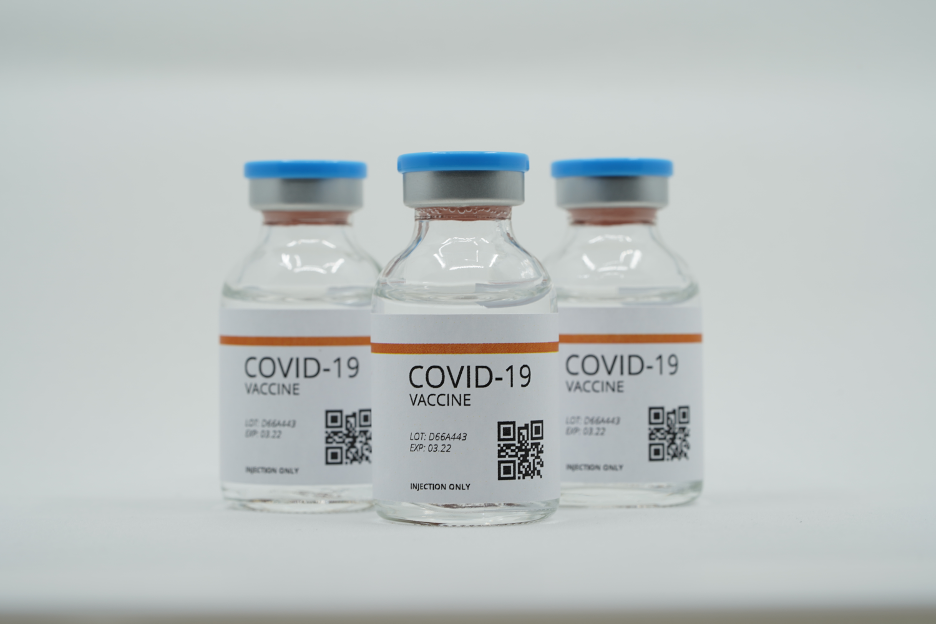The COVID-19 pandemic has brought the importance of vaccination to the forefront. In response, many countries have been actively rolling out vaccines for adults and children alike.
However, a common question we are often asked is whether the vaccine that’s available for adults is the same as the one for children – or whether there are differences between them.
This COVID vaccination clinic in Northwest Indiana is going to answer this question in detail below. We will also explain why it matters, what scientists know so far, and how we can best protect children against this virus.
The Ingredients Are the Same, But the Dosage Isn’t
At its core, the COVID vaccine that is available for adults and children is essentially the same – at least in terms of the ingredients used. They both contain the same active ingredient (i.e., proteins from SARS-CoV-2 virus) and are designed to stimulate an immune response to protect against future infections.
However, what makes them different is their dosage. Vaccines for children have been specifically formulated with a lower dose of the active ingredient than those for adults. This is because children typically have weaker immune systems compared to adults. This is designed to help ensure that a child’s body generates an appropriate level of immunity without deleterious effects on their health.
In addition, because clinical trials involving children are limited due to ethical considerations and other practical challenges, vaccine manufacturers often rely on adult data to inform the dosage of their vaccines for children.
What this means is that, with advancing research and technological advances in the future, we may find that our understanding of how much of a vaccine an infant or toddler needs will change over time.
Ultimately, it is important to remember that any amount of protection is better than none. COVID vaccines are incredibly powerful tools against the virus, and they can help protect those who receive them from severe health complications or even death from COVID-19.
While there are differences between the dosage for adults and children’s vaccines, they both still provide essential protection against the virus.
What is the Youngest a Child Can Receive the Vaccine?
At the time of writing, vaccines for children as young as six months have been approved in some countries. However, it is important to note that clinical trials for younger age groups are still ongoing, and the age recommendation may change depending on the results of those trials.
In addition, even if a vaccine is approved for a certain age group, this does not necessarily mean that every person within that age range must be vaccinated.
For example, when you visit a COVID vaccination clinic in Northwest Indiana, they will help you consider factors such as previous medical conditions, family history, and other health risks before recommending whether a child should receive the vaccine.
How Can You Keep Your Children Safe?
The best way to ensure the safety of your children is to protect them from COVID in the first place. This means ensuring that everyone in your household is following all recommended guidelines for proper hygiene, distancing, and mask-wearing when possible.
It also means staying up to date on recommendations from health organizations like the Centers for Disease Control (CDC) and World Health Organization (WHO), and your local COVID vaccination clinic in Northwest Indiana.
Finally, it’s important to remember that vaccinating your child against COVID-19 is an important step in protecting their health and well-being.
Looking for a COVID Vaccination Clinic in Northwest Indiana?
Are you ready to visit a COVID vaccination clinic in Northwest Indiana? If so, 219 Health Network is the place to visit. We are committed to helping you and your family stay safe during this pandemic. We provide comprehensive care for all age groups, including vaccines for both adults and children.
Contact us today at 833-219-0001 to get in touch with our staff.


